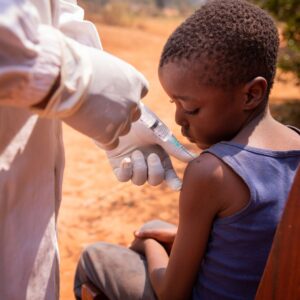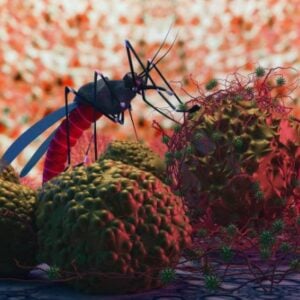Global health officials have emphasized that eradicating polio remains possible despite significant funding cuts, outlining plans to cope with the shortfall. The Global Polio Eradication Initiative (GPEI), a partnership that includes the World Health Organization and the Gates Foundation, faces a 30% budget reduction in 2026 and a $1.7 billion funding gap projected through 2029. The shortfall is largely due to reduced foreign aid from the United States and other major donor governments.
To address the funding constraints, GPEI plans to focus efforts on surveillance and vaccination in high-risk areas where polio transmission remains most likely. The initiative will collaborate more closely with other global health campaigns, such as measles immunization drives, and employ strategies like fractional dosing, which uses smaller amounts of vaccine while still providing protection. These measures aim to stretch resources and maintain essential coverage even with reduced funding.
Some activities in lower-risk regions will be scaled back or paused unless outbreaks occur, as the partnership prioritizes efficiency. Jamal Ahmed, WHO Director of Polio Eradication, noted that significant reductions in funding mean certain activities simply will not happen, highlighting the need to concentrate on critical operations in endemic areas. Polio eradication has been a global goal for decades, but challenges such as conflict, vaccine hesitancy, and the virus’s ability to spread without symptoms have delayed progress.
Despite these challenges, officials remain optimistic. In 2025, there have been 36 cases of wild polio in Afghanistan and Pakistan, the only countries where the virus remains endemic, and essential eradication activities will continue there. Additionally, 149 cases of vaccine-derived polio have been reported in countries including Nigeria, though cases of both wild and vaccine-derived polio have fallen compared to 2024. Vaccine-derived polio can occur when weakened virus from immunized children spreads among unvaccinated populations, but children remain protected. Ahmed stressed that eradication is feasible if global commitment continues and no child is left behind.







